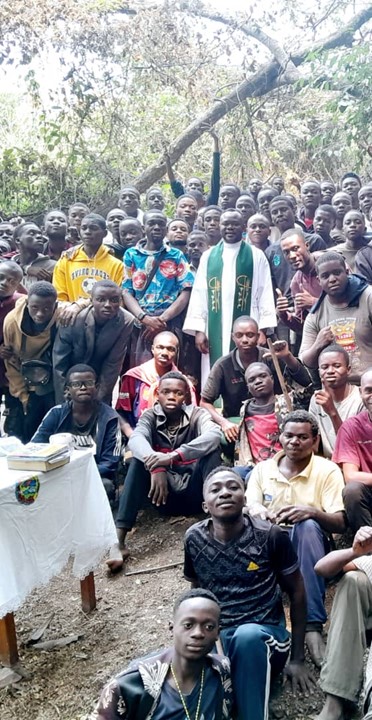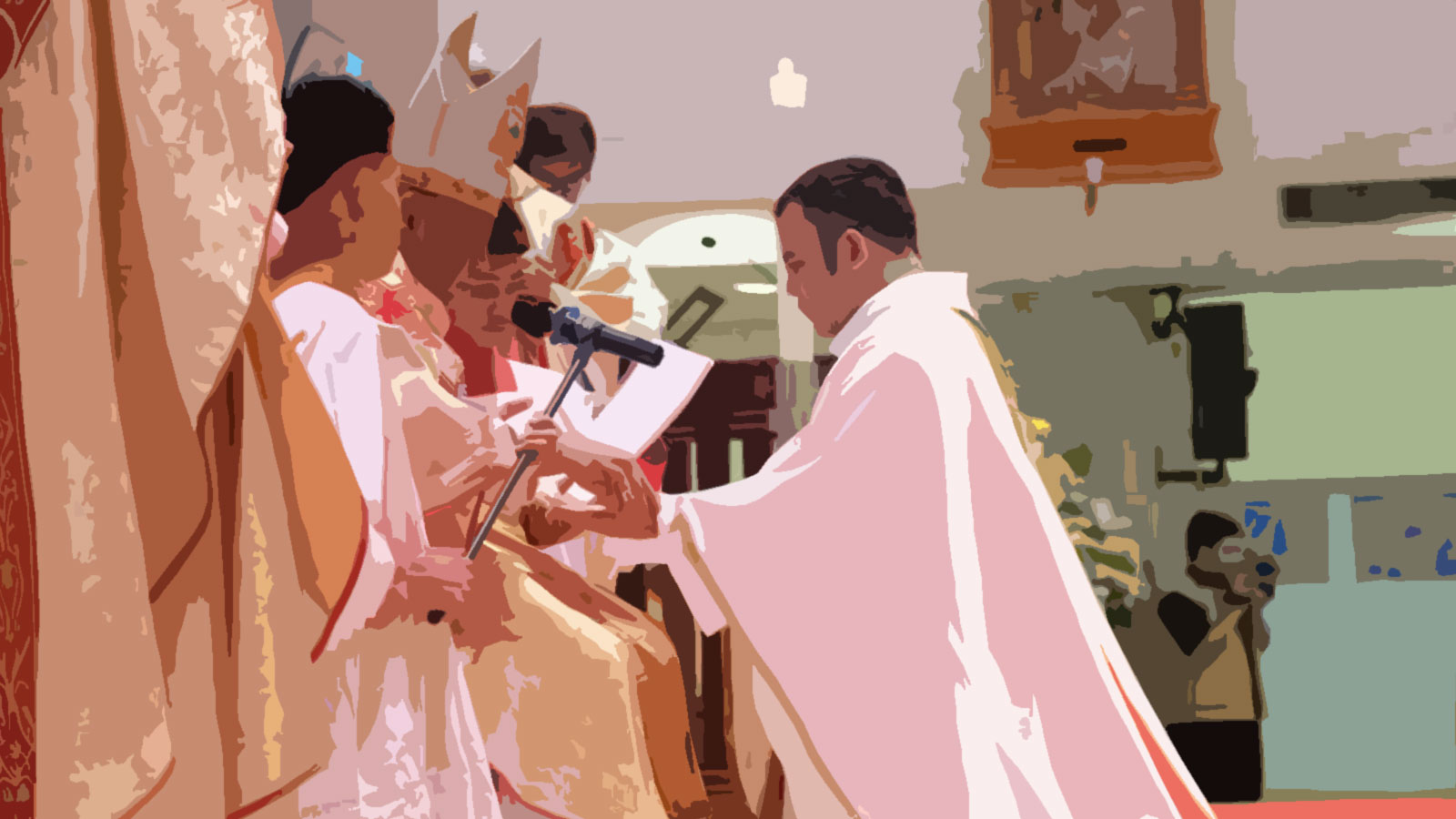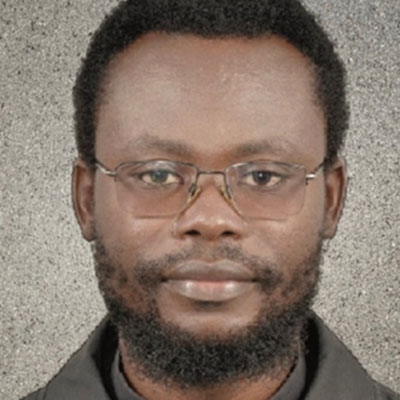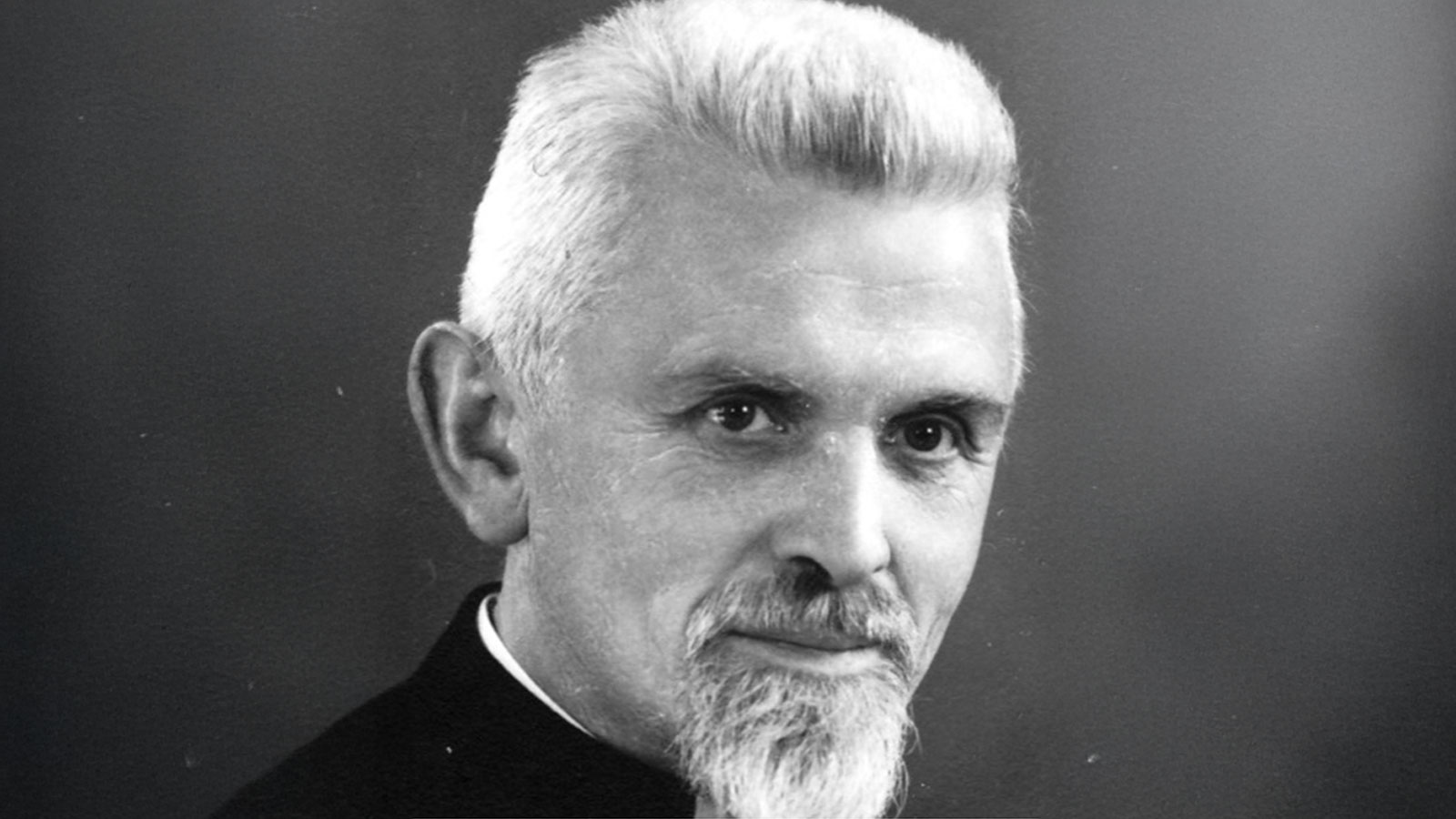 By Boniface Mwawatadi, cicm
By Boniface Mwawatadi, cicm
Missionary in DR Congo
Father Boniface Mwawatadi confronts the extreme poverty of those left behind at the Saint Louise de Marillac Parish in the Ngombe Lutendele District on the Western Outskirts of Kinshasa.
Men and women in the Ngombe Lutendele district, located on the western outskirts of the capital of the Democratic Republic of Congo, are enduring an indescribable ordeal. Despite this suffering, it is widely recognized that the DR Congo has a notorious reputation as one of the wealthiest nations in Africa and the world. The DR Congo is a significant source of strategic resources, including rare earths and minerals, many of which remain unexplored. These resources are essential for the survival of humanity, positioning the DR Congo as a potential "solution country" for global needs.
The situation paradoxically presents an image of a "failed" state with a development index that places it among the world's poorest countries. While this is undoubtedly a collective societal responsibility, it primarily results from the transient leadership of a republic led by individuals who lack awareness. This was echoed by the late Cardinal-Archbishop of Kinshasa, Mgr. Laurent-Monsengwo Pasinya stated, "Let the mediocre be removed! They behave like unrepentant hedonists, and with indifference and a carefree attitude, they find scapegoats to justify their poor governance."
Some remarkable individuals are choosing to break the cycle of despair without falling into Afro-pessimism or being overwhelmed by a sense of inevitability. They leave the comfort of the city's ornate palaces and venture into the abandoned neighborhoods, where fellow citizens live in nearly hellish conditions. Driven by their strong faith and resilience, they firmly believe that even from the depths of suffering—not to mention the threat of nothingness and annihilation—there is still the potential for a better life and hope.
In contrast to the phrase "Mbok'Ekufa kala," which suggests that the country has long since experienced a beautiful demise, critics of the republic express hope for "Congo Ekobonga." This term signifies a nation that will rise from its ashes. The belief is that the Congo will be saved, and all of Africa will be saved!
These words are from Father Boniface Mwawatadi, a religious missionary and priest of the Congregation of the Immaculate Heart of Mary (CICM). He serves as the vicar of the Parish of Saint Louise de Marillac in the Ngombe Lutendele district of the Mont-Ngafula commune. Saint Louise de Marillac is one of many saints known for her dedication to serving the poorest among us. Like other notable figures in the history of the Catholic Church—such as Vincent de Paul and Francis of Assisi—she is remembered for her impactful work.
Testimony of Father Boniface Mwawatadi, cicm: I serve as the priest in Ngombe Lutendele, a mission located on the outskirts of Kinshasa. The Ngombe Lutendele district, which lies on the western edge of Kinshasa in the commune of Mont-Ngafula, is one of the most impoverished areas, if not the most neglected, by the country's authorities. It consists of a vast rocky expanse that stretches along the left bank of the magnificent Congo River.
Lack of drinking water and electricity
The residents of this district live without access to drinking water or electricity. While they can manage without electricity, they cannot do without water, which is essential for this community on the western outskirts of the Congolese capital. They are forced to rely on wells or river water. Unfortunately, the situation worsens when the wells often run dry during the dry season. Those who can afford it may drill for water at depths greater than 15 meters, but this is only an option for some.
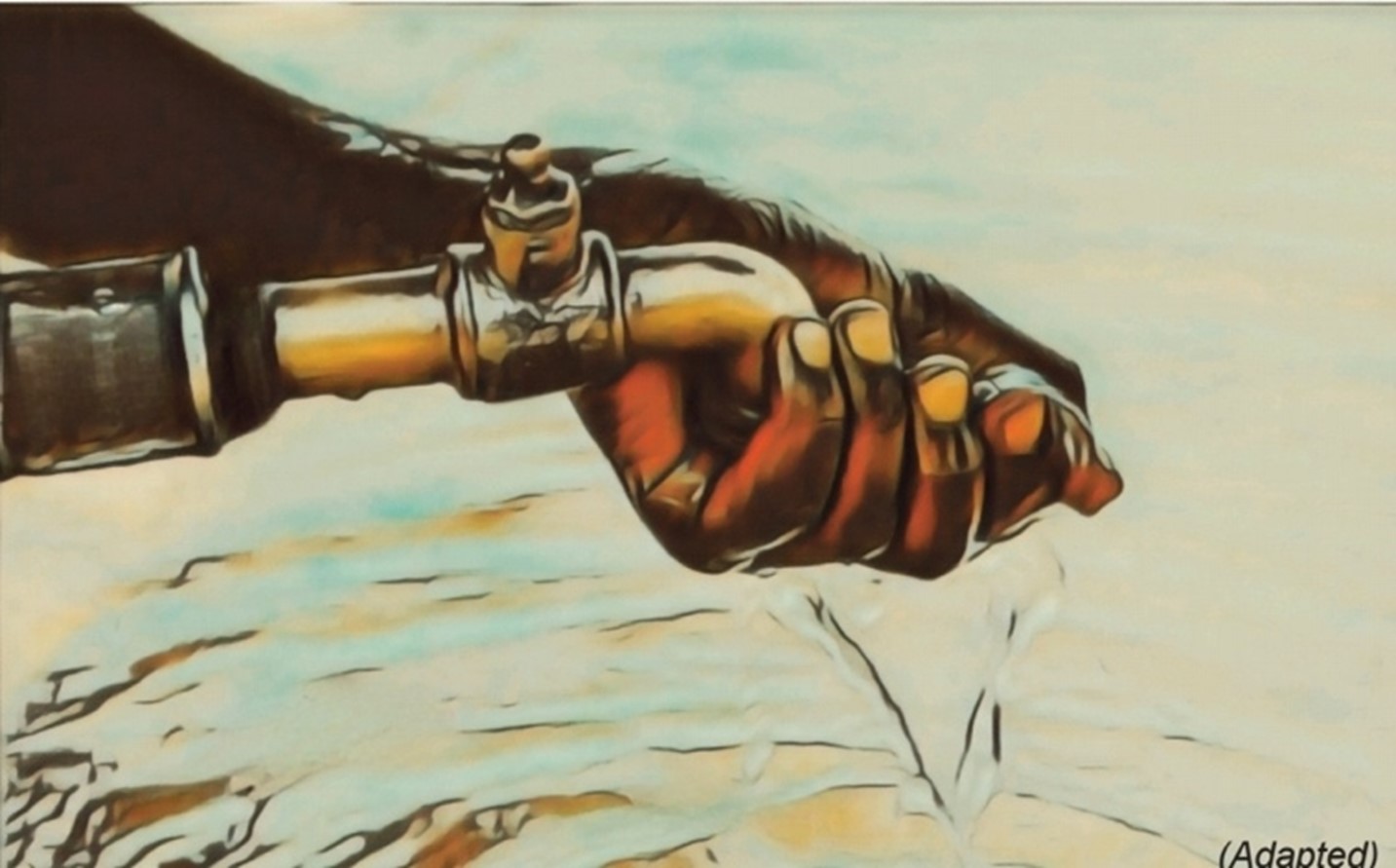
Deteriorated roads
Due to the authorities' neglect, the main access roads and various road infrastructures are severely deteriorated. As a result, over 16,000 residents live in isolation, cut off from the rest of Kinshasa. Students and community members find traveling and conducting their daily activities incredibly challenging. The need for proper roads also hampers priests and pastoral workers from reaching the parish community of Saint Maurice Ngombe.
Poverty and the absence of viable educational and healthcare institutions contribute significantly to the challenges faced by the community. Pastoral visits have unfortunately revealed that many of the faithful live in miserable conditions characterized by unemployment and a high rate of young people's drug addiction and cannabis use. The population left to fend for itself and abandoned to its unfortunate situation leads to a life disconnected from modernity and the developments occurring both in the city and the world.
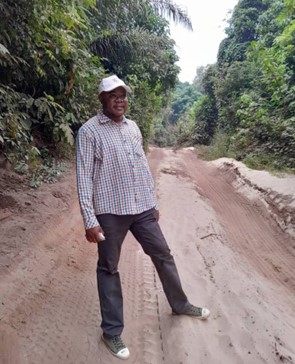
Revival churches
This makes it fertile ground for delusional salesmen and charlatans of all stripes, especially the pastors of the religious movements of the so-called "revivalist" churches. In the case of the Catholic faith, this has meant the abandonment of the essentials that once formed the bedrock of Christian values and virtues. By way of illustration, some believe that it is illusory for a young believer to marry early and religiously, to obey God's laws and natural laws such as respect for life and women, recognition of birthright, respect for parents, and the practice of good manners such as greeting, saying thank you, forgiving and apologizing; avoiding indiscriminate violence and vengeance; not indulging in crime or theft with the phenomenon known as "Kuluna," but committing to promoting solidarity, sharing, "communaucracy," conservation and protection of biodiversity and the environment, as well as the integrity of creation.
Missionary animation
As the parish priest of a new parish established less than five years ago, we are guided by the directives of the Scheutists for Mission. Our role is to facilitate encounters between Jesus Christ and the nations, allowing people to experience the Kingdom of God as announced by Jesus within the context that God has provided for them. We collaborate with lay ministers assigned to various apostolates within the community. These responsibilities include visiting the poor and sick, administering the sacraments, training young people in environmental protection, and regularly celebrating the Eucharist with the faithful.
Missionary animation involves raising awareness among local authorities, building and engaging the Communautès Ecclesiales Vivantes de Base (CEVB), and collaborating to create or, at least, promote a better world within their local environment. This initiative follows in the footsteps of our pioneering Scheutist confreres, who established their presence in this neighborhood, particularly in the new parish of St. Louise de Marillac. Therefore, it is essential to rethink traditional pastoral care and implement new approaches and strategies to adapt evangelization to the challenges of today. By doing so, we can make our message of salvation more credible and help restore the image of the Church. §
